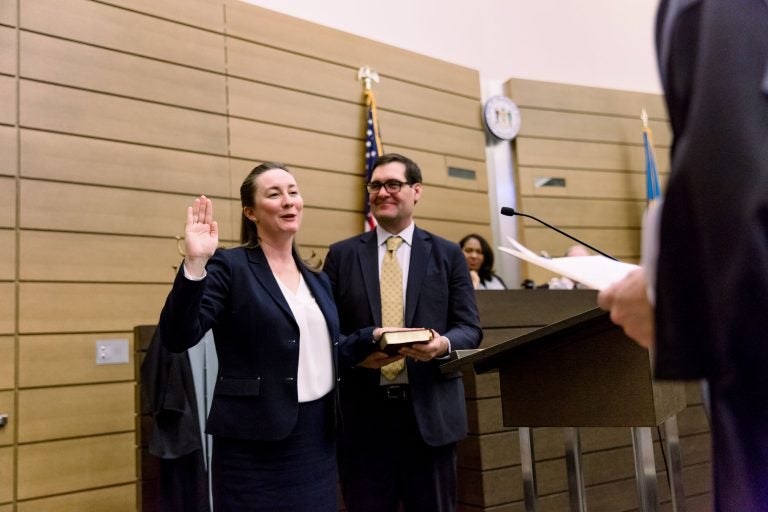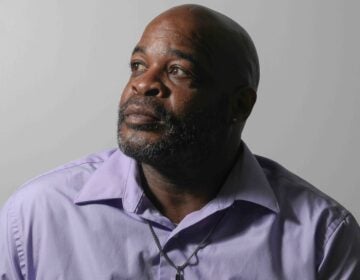Delaware requirement to split party affiliation in judge positions is unconstitutional, federal court rules
A three-judge federal panel finds that the requirement for Delaware judges violates “freedom of association rights.”
Listen 1:44
A federal appeals court ruled a Delaware requirement political affiliation balance among Supreme, Superior and Chancery Court judges is unconstitutional. (Photo courtesy of Rhonda Bowman)
Delaware’s requirement that there must be a political balance among judges is unconstitutional, according to a federal appeals court on Tuesday.
In 2017, attorney James Adams filed a lawsuit against Gov. John Carney because as a political independent, Adams didn’t meet political affiliation requirements to apply for certain judgeships.
Delaware’s constitution requires the governor to divide judicial nominations for the state’s Supreme, Superior and Chancery courts between the Democratic and Republican parties.
A three-judge panel on the 3rd U.S. Circuit Court of Appeals ruled in Adams’ favor, finding the requirement violated his “freedom of association rights.”
The ruling upholds a 2017 District Court ruling that also found the requirement unconstitutional.
“All of us have a keen understanding of..the fact that the provisions we strike down today were enacted to ensure selection of a judiciary whose political balance would serve notice that judicial decisions were devoid of politics and political motivations,” Tuesday’s opinion reads. “Paradoxically, by elevating one’s political affiliation to a condition precedent to eligibility for appointment to the bench by the governor, Delaware has institutionalized the role of political affiliation rather than negated it.”
Under the First Amendment, people cannot be denied government employment based on political affiliation — unless they work so closely with the chief executive that certain loyalty is required, said David Finger, Adams’ attorney.
“The question in this appeal was whether a judge is supposed to have that kind of loyalty to the executive, in this case, the governor,” he said. “The court correctly concluded judges are not and should not be beholden to the governor. So they are independent and should not have their employment based on their political affiliation.”
Finger said his client now looks forward to applying for judgeships when there are openings.
Ruling may not bring much change
The requirement has reinforced courts serve the larger interests of the state, as opposed to partisan interests, said attorney Lawrence Hamermesh, a former professor at Widener University Delaware Law School.
“Delaware has a strong bipartisan interest in the effectiveness and value, financial and otherwise, in its system of corporate law and business entity formation. And the last thing anybody on either side of the aisle wants to see is that system be politicized,” he said.
However, Hamermesh said he believes judges will continue to be unbiased without the requirement because the institution of law values the tradition of independence and nonpartisanship.
The ruling means anyone can apply for judicial positions, which were explicitly advertised as a Democratic or Republican bench. However, the ruling may not affect much change, Hamermesh said.
“What happens within the judicial nominating commission, and within the governor’s head going forward, is a completely different thing, and those bodies may well decide as a matter of tradition or practice they like seeing balance, even though they’re not required to adhere to it,” he said. “And they may simply continue as if that requirement was still enforced.”
“There was some value to the balance requirement and its salutary effects. I’m not sure if the game of this litigation was worth the candle because it doesn’t necessarily accomplish that much.”
Carney’s spokesman said the office is still reviewing the opinion.
WHYY is your source for fact-based, in-depth journalism and information. As a nonprofit organization, we rely on financial support from readers like you. Please give today.





